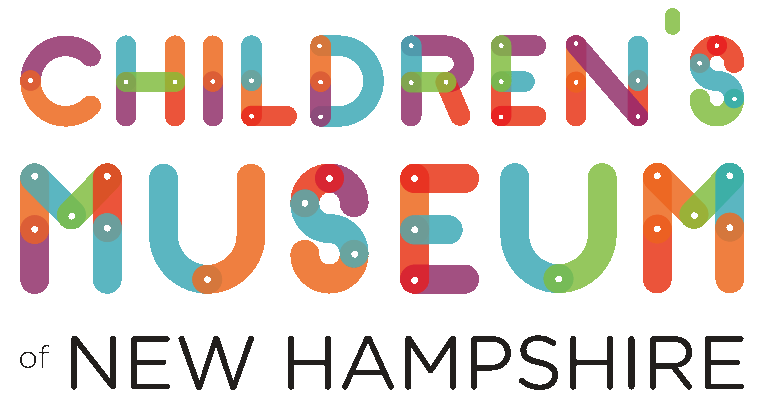Witchway Games & Eric Streed
Q&A with Artist and Game Designer Eric Streed
Q. How do you start making board games?=
A. I would start by playing lots of different board games! Find out what kind of games you like, and what about those games you enjoy. Is it the theme? Do you like drafting cards? Do you like worker placement? What parts of those game maximize on that sort or play?
After you’ve started thinking about those questions, start small. Make an “expansion” to a game you already know and love. Change a rules set, or get some cheap custom cards made for it. See how the rules you change or the elements you implement add to or subtract from the game.
Game design is a skill that takes practice to get better at, your first game is not going to be perfect. Instead of perfect, focus on “Done”. The artist Jake Parker spreads the message “finished, not perfect”. This idea encourages to complete a project, and then start the next one and make it even better. Consider the table presence of the game you want to make, think of that peak moment you want to give a player, and build towards that.
Q. How did you start making board games?
A. I went to school for art, focusing on video game design. I worked for animation studios and on independent video games for a while but found the process slow and unfulfilling. I ended up co-founding a small company a few years after college and got involved making board games and immediately saw a shift. I could quickly hold my game in my hands and play it with other people. The efficiency, community, and tactile nature of board and card games really rekindled my love of game design.
Q. What is the hardest part of making board games?
A. For me the hardest part of game design is iterating. I get an idea, work with people to iron out the details, do the art for the game, get a prototype made up, and start playtesting, only to start finding issues in the design. This is a super normal part of the design process, no game is going to work perfectly right out the gate. This is the piece of the puzzle that gets very granular though, where you are fiddling with numbers, changing rules occasionally, altering the setup and win conditions. This is a crucial piece of the design process, but its also challenging as it also takes the most time.
Q. What resources are there out there for aspiring board game designers?
A. There are lots of great resources for game designers out there! There are social media groups, there are cheap game design kits available online, I’ve even hand cut cards and drawn on them for perfectly functional prototypes. After you have spent a little time making some handmade prototypes or printing some small assets for an expansion to a game you like, using a company like The Game Crafter is a great way to step up your designs and create some really beautiful production quality copies of your game.
